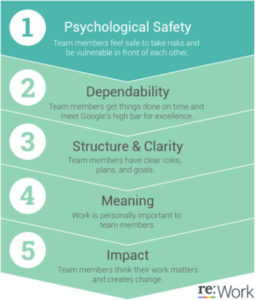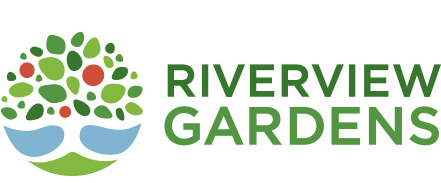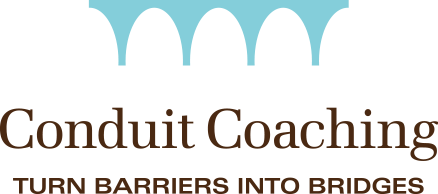Seniors Care – Team Development
Team Development in Seniors Care
Teams are the engines that drive successful Seniors Care communities. Collectively, their skills and experiences can produce amazing results that individuals acting alone simply cannot.
So where does the carefully tweaked machine go wrong?
Well, to start, teams aren’t widgets or gears.
They’re made up of people, human beings. Each with their own strengths, insecurities and performance gaps. And to add confusion, many individuals are members of several teams at any given moment.
Oh brother.
We’ve spent years studying team dynamics and supporting teams in Seniors Care through leadership development and team coaching engagements. We’ve noticed common themes.
- Our team development engagements typically include helping the team members develop as leaders with training on their growth edges (oftentimes Compassionate Leadership and Emotional Intelligence).
- And we help them build psychological safety with Teach Coaching. It’s what we’re trained to do and we’ve been doing it for years.

Mary Ellen, the impact you’ve had on our Henley Place team will be a lasting one. You’re so good at what you do, and I hope you know your work is valued. You touch so many lives by helping the leadership teams of organizations.
Psychological Safety
Think of great teams you’ve been a part of, whether at work, in sports, in life. Yes, they got lots done. But there was also this connectedness among team members – not necessarily best friends but genuine respect and appreciation for each other.
Those whacky researchers at Google noticed that psychological safety too amongst their high-performing teams – where team members believe they won’t be punished or humiliated for speaking up with ideas, questions, concerns or mistakes.
Actually, Professor Amy Edmondson at Harvard coined the phrase when she noticed better performing medical teams in hospitals seemed to be making more errors than worse performing ones (turns out the high performance teams facilitated a climate of openness with their psychological safety, so there was just more admitting to errors and discussions to learn from them).
Psychological Safety isn’t the only thing that makes for a great team. But, without it, teams just don’t get the excellent results you know is possible.
Your job as

How Conduit coaching can help your team
Examples of how we’ve been supporting teams in Seniors Care since 2006…
A six-month Team Coaching and Leadership Development program with a new team in a family-owned multi-site Long-Term Care organization. All lovely people and they needed to come together quickly after significant leadership turbulence. Many of the leaders were new to their roles, the Administrator was new to everyone, and there were several new clinical and organization-wide programs coming on-line.
Outcome: All 9 team members ranked the Team Coaching program Very Relevant or Extremely Relevant in terms of giving them tools and ideas for being an effective leader, increasing harmony on their leadership team, and helping them be a 5-star team (their Team Purpose which we defined through the program).
A four-month Team Coaching and Leadership Development program with a senior leadership team in a municipally owned Long-Term Care organization with unionized staff. Many of the team had worked together for years, and they struggled with staff engagement.
Outcome: According to participants, a transformational impact on their leadership.
A 2-day leadership conference with 50+ leaders of a growing Senior Living organization to support them developing a feedback culture. The program needed to connect meaningfully to their staff’s daily work in Seniors Care, and be fun and engaging so they’d take the ideas back to work.
Outcome: They loved it so much we did a similar one-day intensive for all front-line staff

Mary Ellen and her team at Conduit Coaching created a positive, professional and fun workshop atmosphere. Everyone felt comfortable opening up, and they left feeling appreciated, with a better appreciation for what their coworkers do.
We’re all using the tools we learned on a daily basis now, and it’s made a significant difference in how our organization functions.
For my part, I’m not so judgmental. I’m sitting back and listening, and that’s opening others up to share their real underlying concerns. Before, I was trying to resolve everything myself. Now I ask, ‘how do we think we should resolve this?’ And everybody’s coming up with all kinds of suggestions. It’s really building buy-in.
Staff members feel safe now to say what’s really on their minds. This kind of dialog wasn’t happening before.
Bottom line, we’ve had some good conversations since the workshop. Before, we ignored warning signs of discontent, but we’re not willing to ignore them anymore. We want to be very proactive, because we truly want everybody to enjoy their work.

Thanks to our team development, a lightbulb went on.
From the
I’m on the path, and our team development helped me move further.
It’s been very interesting and a good boost

